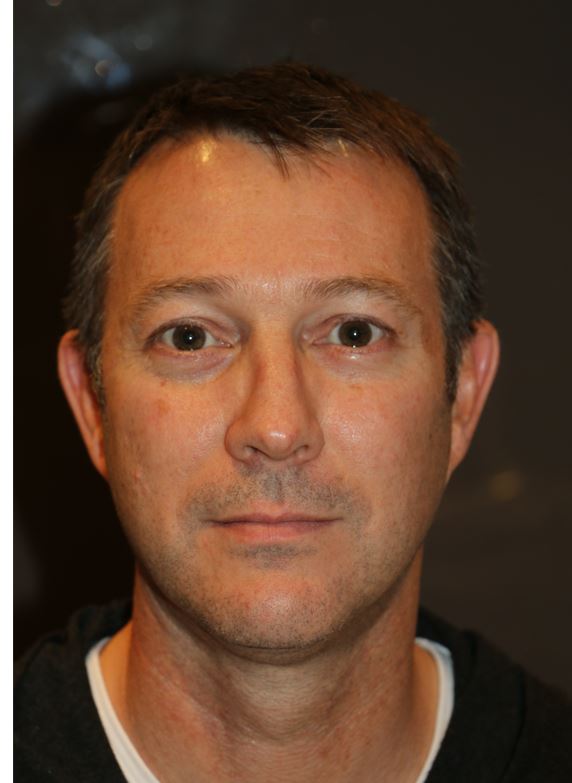Professor Martin Roderick’s fascinating research in has shed light on the world of work in professional sports that is hidden from the public gaze. He has analysed the changing meaning and work orientations of athletes as they progress in their athletic careers, and the emotional work required to live up to the public expectations for athletes. Martin shared his thoughts on lessons learned and new exciting directions he has identified in this line of research in the Meaningful Sport Podcast.

Contemporary research often emphasises that working careers in various occupations are becoming uncertain, fragmented and involving an increasing number of transitions. Concepts such as ‘boundaryless career’ (Arthur & Rousseau 1996) capture this phenomenon well. Yet, if we think of the careers of athletes, their working lives have always been experienced as precarious. Professional sport-work involves little job security and a constant need to maintain employability through athletic performance and ‘right attitude’.
What are the implications of such work conditions for athletes, including the ways in which they form their athletic identities, and how they find meaning in work?
These questions are at the heart of our conversation with Martin.
Young athletes develop within a supposedly meritocratic sporting system in which their dreams are embedded and then made to feel as though their talents are indispensible and goals achievable, yet their course leads undiscerningly into a monoculture in which, despite strong dedication, perfection is unobtainable and failure inevitable
Roderick, 2014, p. 143
In the first part, we discuss the changing meanings of sport-work from ‘Labour of Love’ to ‘just a job’ during a course of athletes’ careers, as well as how athletes engage in identity work to keep a certain public narrative going about the nature and meaning of work as a professional athlete.
Martin also shares his personal stories about being a talented athlete in a football academy and the expectations he experienced concerning sport and education, as well as how he should feel when exiting the professional football world.
Part 1 here:
In the second part, our conversation moves on to future directions that Martin has identified for his work. We also ask questions about what kind of changes could or should take place in talent development and professional sport-work that could prevent athletes from becoming alienated workforce.
Martin’s research articles mentioned in our conversation are:
From identification to dis-identification: Case studies of job loss in professional football
“I Just Want to Be Left Alone”: Novel Sociological Insights Into Dramaturgical Demands on Professional Athletes (co-authored with Jacquelyn Allen-Collinson)
Part 2 here:
Professor Martin Roderick is the Head of Department at the Department of Sport and Exercise Sciences at Durham University. He has studied extensively the work and careers in professional sport, and the related issues of work-life balance, family life, and mental health.
He is the author of the book The Work of Professional Football: A Labour of Love? (Routledge, 2006).
You can follow Martin on Twitter @MartinRoderick1
You must be logged in to post a comment.